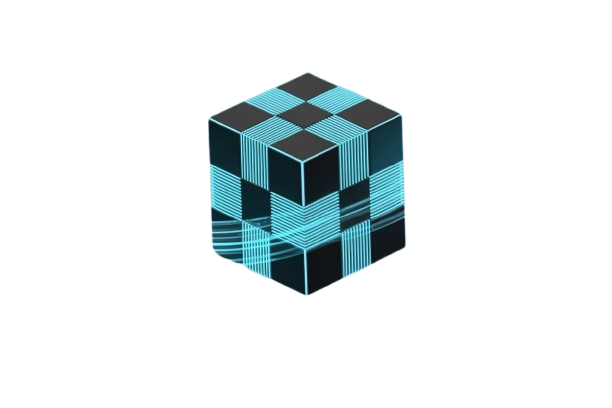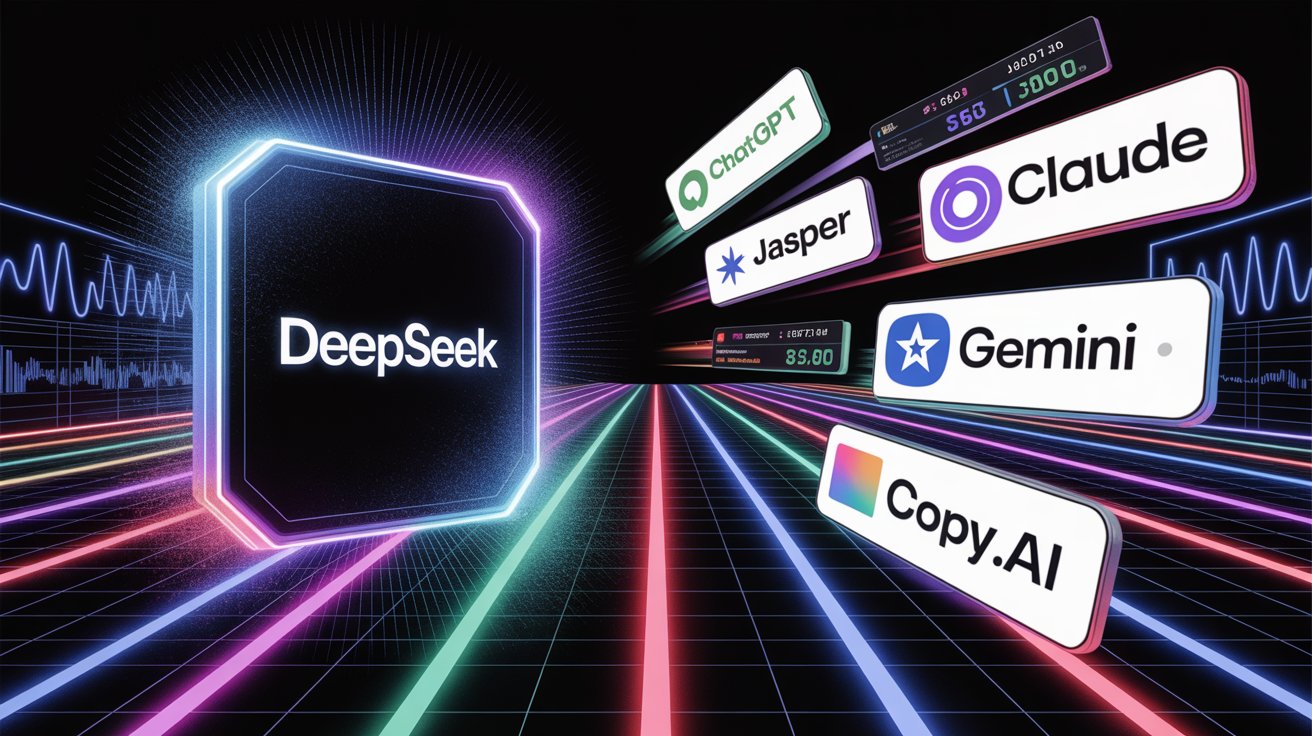Introduction: What’s Deepseek and Why Should You Care?
If you’re curious about where search engines are headed, you’re probably already hearing the buzz about Deepseek. It’s one of the latest players in the AI-driven search revolution, combining traditional query power with language models to deliver smarter, more contextual answers.
But here’s the kicker: Deepseek isn’t the only kid on the AI search block. A bunch of new and established tools are stepping up their game, and things are heating up.
Let’s explore the top Deepseek competitors and see how they stack up.

The Rise of AI Search Engines
How AI is Changing the Game
Gone are the days when search engines just spit out 10 blue links. Now, it’s all about conversational answers, natural language understanding, and context awareness. AI search tools can read between the lines of your query and serve up more relevant, human-like responses.
Traditional Search vs AI Search
Old-school search is like flipping through an encyclopedia. AI search? That’s like having a super-smart friend explain it to you in plain English.
Meet the Competitors: Top Alternatives to Deepseek
Let’s dive into some of the top names giving Deepseek a run for its money.
1. Perplexity AI
Features
Perplexity acts like a conversational search companion. You type a question, and it gives you sourced, summarized answers — often with follow-up prompts to dig deeper.
Strengths & Weaknesses
Pros:
- Real-time sourcing
- Chat-like interface
- Transparent citations
Cons:
- Sometimes lacks depth in technical topics
- Not always spot-on with context
2. Google Bard
Features
Backed by the OG of search, Bard uses Google’s PaLM language model to understand context and provide integrated answers — even pulling from Gmail, Docs, and more (if you allow it).
Strengths & Weaknesses
Pros:
- Tightly integrated with Google ecosystem
- Fast, intuitive responses
- Multi-modal inputs
Cons:
- Occasionally bland answers
- Limited beyond the Google bubble
3. Microsoft Copilot (Bing AI)
Features
Microsoft’s Copilot, which lives inside Bing and Edge, blends OpenAI’s GPT-4 tech with Microsoft’s search muscle. It’s a power combo.
Strengths & Weaknesses
Pros:
- Access to GPT-4
- Visual and code capabilities
- Sidebar integration in Edge
Cons:
- Slower load times
- Some interface quirks
4. You.com
Features
You.com aims to be the most privacy-conscious AI search engine out there. With chat, app integrations, and customizable results, it’s carving its own niche.
Strengths & Weaknesses
Pros:
- Privacy-first approach
- Results from multiple sources
- Tools like YouWrite and YouCode
Cons:
- Smaller index compared to Google/Bing
- Interface can feel cluttered
5. Andi
Features
Andi is like a minimalist AI search buddy. It delivers visually clean, distraction-free answers with a focus on simplicity and clarity.
Strengths & Weaknesses
Pros:
- Sleek UI
- Clear, concise answers
- Mobile-first design
Cons:
- Still evolving in terms of depth
- Less popular = fewer community tips
How Deepseek Stands Out
Unique Selling Points
So, what makes Deepseek special in this crowded field?
- Open-source model with transparency
- Chinese and English capabilities
- Designed for developer integration and customization
- Smarter document-level understanding
It’s not just answering questions — it’s helping developers build smarter tools.
Who Is It Best For?
If you’re a tech-savvy user, researcher, or developer looking to embed AI search into your own stack or workflow, Deepseek is your jam.
Choosing the Right AI Search Tool for You
What Are Your Priorities?
Are you after speed? Customization? Privacy? Or do you just want the most accurate answer with the least hassle? Each tool we covered excels in a different area.
Usability vs Accuracy
Bard and Bing bring the power. You.com and Andi bring the elegance. Deepseek? It threads the needle — especially if you’re willing to tinker.
The Future of AI Search: What’s Next?
The AI search arms race is just beginning. Expect to see:
- Voice-first search becoming the norm
- Multilingual AI assistants
- Personalized AI feeds
- Tighter integration with apps and productivity tools
Imagine searching your own files, emails, and the entire internet — all with one question. That’s where we’re headed.
Conclusion: Staying Ahead in the AI Search Race
Deepseek is an exciting player in the AI search game — but it’s not alone. From Bard’s big-budget backing to Perplexity’s agile, citation-first model, competition is fierce and exciting.
Whether you’re looking to research smarter, build tools, or just satisfy your curiosity, there’s an AI search engine out there that fits your vibe.
Try a few. Mix and match. Who says you have to pick just one?
FAQs
1. What makes Deepseek different from Google Bard?
Deepseek is open-source and more developer-focused, while Bard is tightly integrated into Google’s ecosystem.
2. Is Deepseek free to use?
Yes, Deepseek is generally free, especially its base features, though some enterprise features may vary.
3. Can I use Deepseek for programming help?
Absolutely! It’s quite good at parsing developer queries and returning contextual documentation or code snippets.
4. Which AI search engine is best for privacy?
You.com and Andi both prioritize user privacy and minimal tracking.
5. Is AI search better than traditional Google search?
It depends on your needs! For quick facts or conversational answers, AI search can feel faster and smarter. For deep research, Google still has its edge.

